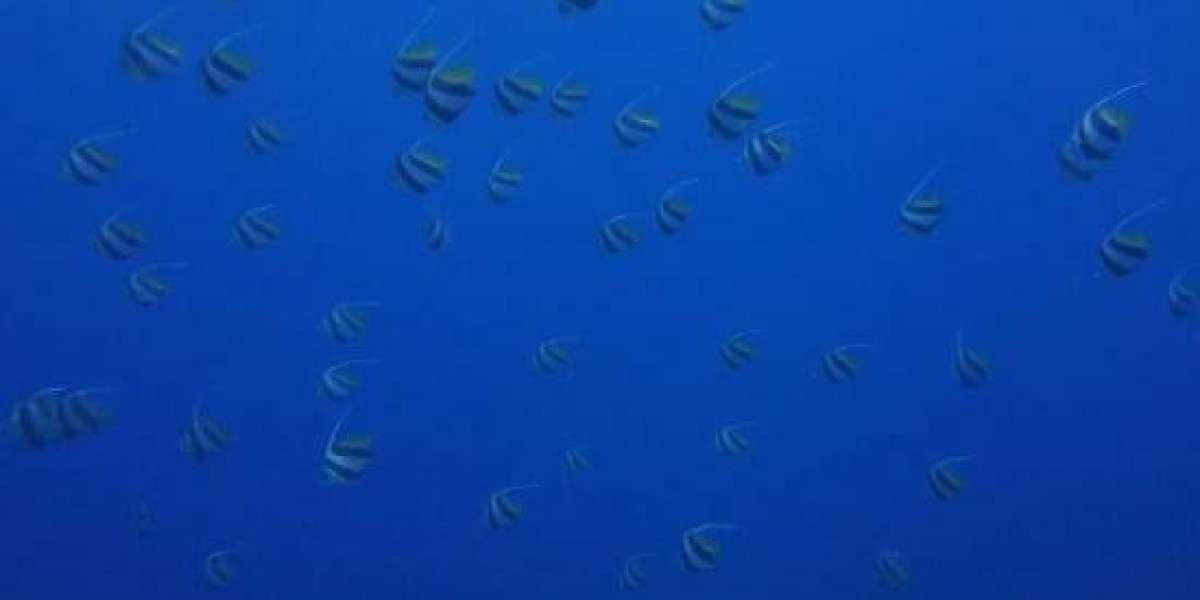Jatropha is one of the unusual plants, which has numerous useful components advantageous to humanity. This plant consists of 25 to 35 percent oil and can be used to produce bio-fuel crop, a means to sustain nature's greenery.

In addition to being used as a biodiesel, jatropha curcas can also be utilized for great quality paper, cosmetics, tooth paste, balm lotions, and cough medicines. Hence, considering its manifold usages, the contemporary farming researchers support the growth of jatropha curcas through ex-vitro indicates.

Jatropha, to be grown in big amounts was a tough task, for many agriculturists. First off, the proliferation and transportation of the seedlings of Jatropha was expensive and time-consuming. The soil in which, it grows is low in efficiency triggering the plant to decay and have diseases and last but not the least, the Jatropha plant takes significant time to adapt itself, to the brand-new environment.
However, due to innovative strategies in farming, like ex-vitro plantation, Jatropha has actually been effectively cultivated, as a biodiesel and biofuel crop. Many countries in Asia, where it is grown in large, are undertaking projects to cultivate Jatropha and reproduce it as a biodiesel.
Jatropha seedlings can sustain dry spell and pests. Concern on international warming, extreme usage of hazardous gases, and dependence on foreign oil has actually led lots of federal governments of lots of nations to promote high growing of jatropha curcas. Many institutes are engaged to embrace methods of developing, looking into, and using the Jatropha seeds as biofuel crop. It is likewise a simple method to minimize male's dependency on fossil fuels.
jatropha curcas, hence has actually been recognized as an ecological crop. It proves advantageous by offering us biodiesel without hindering the nature and clearing the trees in the forests. It is a multi-purpose crop and can be used in producing diverse products ranging from cosmetics to medicines. Most of the agriculturists can benefit extremely and can increase their income by taking specific care in cultivating plants like jatropha curcas.
Considering this, numerous institutes are assisting the agriculturists to plant Jatropha and advantages, from the plantation proliferation. Jatropha is getting a huge appeal as a commercial crop, all over the world. Scientists are likewise, eager in focusing their knowledge and knowledge to enhance, this plant and profit in farming.
Seeing this, the agricultural specialists advocated Jatropha proliferation through assisted farming or ex-vitro approach. This fixed, the challenges faced, earlier of planting it. The seedling treatment was made fast and low-cost. The expense of transportation was lessened as the seedlings were planted in the nearby area of the plantation. Mother plants were picked from the very same location, which did not require the seedlings to adjust themselves, therefore saving time.
The ex-vitro technique adopted in the plant proliferation plan had root culturing as its basis, where the shoots were grown outside the field, in the glass vessels. The platelets grown from this were automatically, acclimatized in the green house. The seedlings were extremely heterogeneous in character and for this reason, high level of proliferation was possible.








